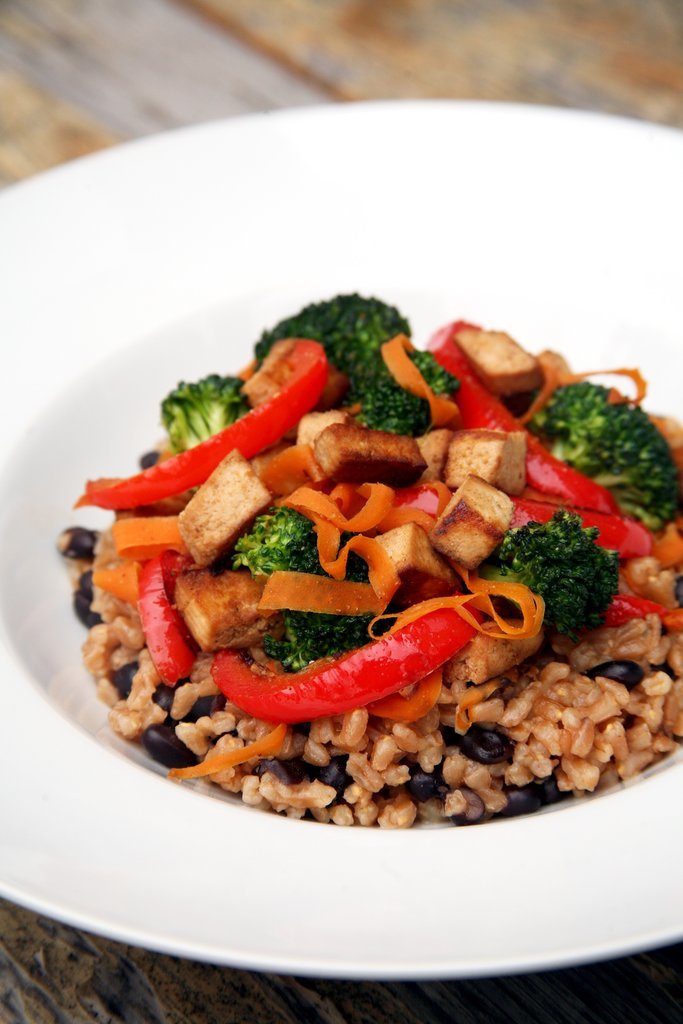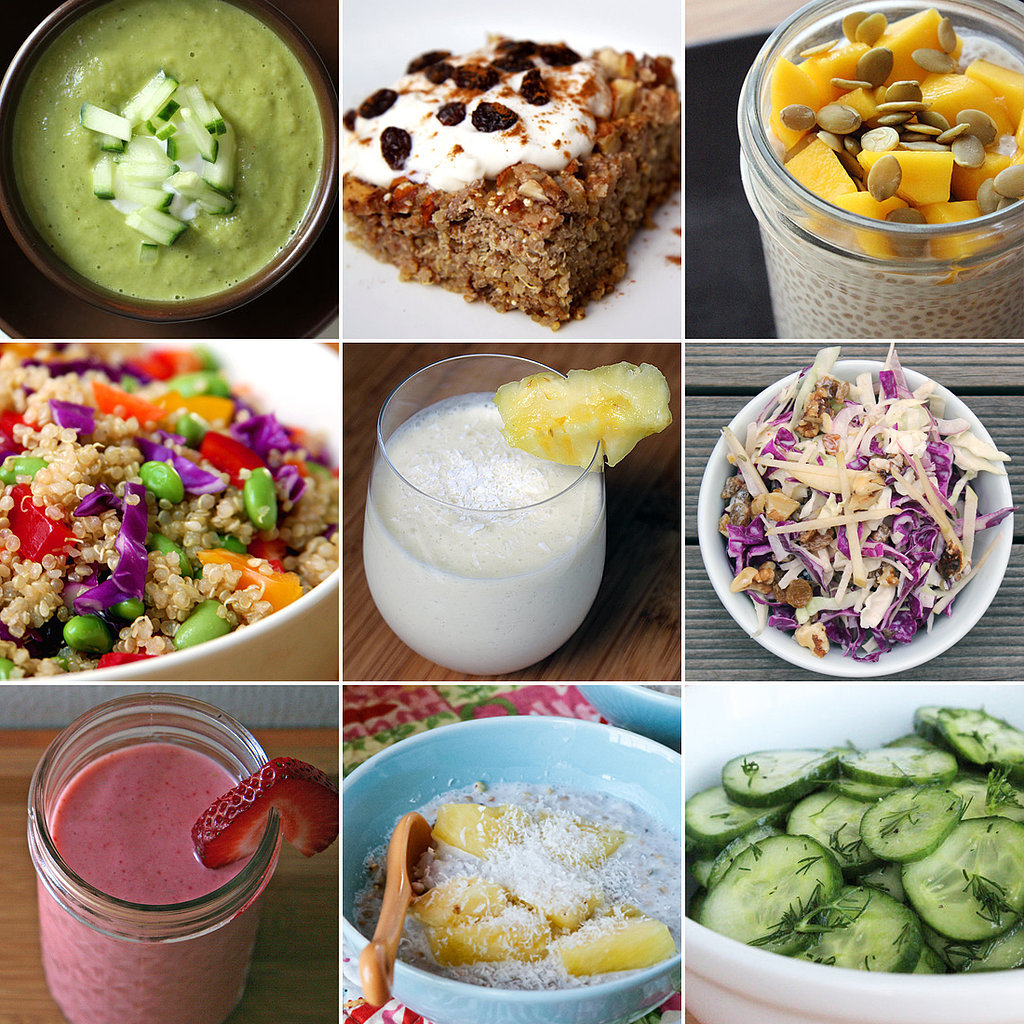What’s new and beneficial about eggs? If losing weight is part of your New Year’s resolution, the World’s Healthiest Foods and recipes are a great way to help you do just that! The George Mateljan Foundation, a not-for-profit foundation with no commercial interests oradvertising, is a new force for change to help make a healthier you and a healthier world. What’s new and beneficial about eggs? What’s New and Beneficial About Eggs Virtually all egg yolks contain omega-3 fats. However, the amount of omega-3s varies with the amount of foods containing omega-3s that are eaten by the hen. In recent…
What’s new and beneficial about eggs?
If losing weight is part of your New Year’s resolution, the World’s Healthiest Foods and recipes are a great way to help you do just that!
The George Mateljan Foundation, a not-for-profit foundation with no commercial interests oradvertising, is a new force for change to help make a healthier you and a healthier world.
What’s new and beneficial about eggs?
What’s New and Beneficial About Eggs
Virtually all egg yolks contain omega-3 fats. However, the amount of omega-3s varies with the amount of foods containing omega-3s that are eaten by the hen. In recent years, a marketplace trend has witnessed the development of omega-3 enriched eggs through the addition of omega-3 oils to the hen’s feed. These oils have included menhaden oil, krill oil, flaxseed oil, and algae oil. Not surprisingly, the amount of omega-3s in an egg yolk can be increased by three to five times through supplementation of the hen’s diet with these oils. Eggs with as much as 250 milligrams of omega-3s per yolk have been produced in this way. While these omega-3 benefits are clearly substantial, what we have been more excited to see in recent research studies is the ability of a hen’s natural diet to increase the omega-3s in her eggs. Unlike some approaches to omega-3 enrichment that might involve the addition of processed oils to an already unnatural diet, pasture feeding approaches that offer the hen a generous amount of legumes rich in omega-3s—like clover and alfalfa—make more sense to us. So it’s been exciting to see studies that show significantly increased amounts of omega-3s in eggs through natural pasture feeding alone.
While organizations like the American Heart Association (AHA) allow for regular consumption of eggs in a meal plan, they typically warn that eggs are difficult to include because of their high cholesterol content and potential for increasing risk of heart disease. For persons with health blood cholesterol levels not needing cholesterol-lowering drugs, the AHA recommends a maximum of 300 milligrams of cholesterol per day from food. Since one conventionally produced egg contains about 180-220 milligrams of cholesterol, about two-thirds of the daily limit gets used up by consumption of one egg. Interestingly, several recent large-scale diet studies suggest that the cholesterol content of an egg may be less of a concern in relationship to heart disease than previously thought. In these studies, no increased risk of either heart attack or stroke was shown with intake of one to six eggs per week. (One exception involved participants with type 2 diabetes, whose risk of heart problems was associated with egg intake, even in the range of one to six eggs per week.) Equally interesting was the link between egg intake and increased levels of HDL cholesterol (the “good” cholesterol) in participants. Not only did egg intake increase the number of HDL molecules, it also improved their composition and allowed them to function more effectively.
Pasture feeding of hens has been shown to significantly increase the vitamin E content of their eggs. In a recent study comparing caged hens to hens foraging on grasses and legumes, vitamin E in the yolk of eggs from hens who foraged on pasture was about 200% greater than vitamin E in the yolk of eggs from caged hens. Interestingly, hens that foraged more on grasses than legumes developed about 25% more vitamin E in their eggs. Hens, of course, are omnivores and eat a wide variety of foods, including grasses, legumes, seeds, worms, grubs (insect larvae), and adult insects.
Printer friendly version
Send this page to a friend…
Find Out What Foods You Should Eat This Week
Also find out about the recipe, nutrient and hot topic of the week on our home page.
Everything you want to know about healthy eating and cooking from our new book.Order this Incredible 2nd Edition at the same low price of $39.95 and also get 2 FREE gifts valued at $51.95. Read more
Healthy Eating
Healthy Cooking
Nutrients from Food
Website Articles
Community
Privacy Policy and Visitor Agreement
References
For education only, consult a healthcare practitioner for any health problems.
We’re Number 1in the World!
35 million visitors per year.The World’s Healthiest Foods website is a leading source of information and expert on the Healthiest Way of Eating and Cooking. It’s one of the most visited website on the internet when it comes to “Healthiest Foods” and “Healthiest Recipes” and comes up #1 on a Google search for these phrases.
Over 100 Quick &Easy Recipes
Our Recipe Assistant will help you find the recipe that suits your personal needs. The majority of recipes we offer can be both prepared and cooked in 20 minutes or less from start to finish; a whole meal can be prepared in 30 minutes. A number of them can also be prepared ahead of time and enjoyed later.
World’s HealthiestFoods is expanded
What’s in our new book:
180 more pages
Smart Menu
Nutrient-Rich Cooking
300 New Recipes
New Nutrient Articles and Profiles
New Photos and Design
Source: What's new and beneficial about eggs? : WH Foods






